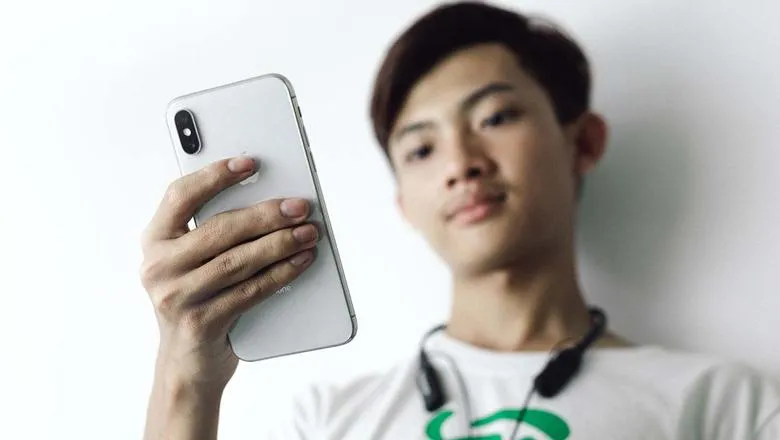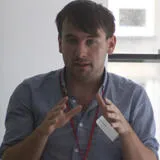“While there has been extensive debate about the relationship between social media and smartphone use and rates of self-harm, studies up to this point have largely been limited by their design, and have only been able to demonstrate associations rather than providing any insight into the relative timings of different behaviours or underlying mechanisms. Our comprehensive approach will allow us to properly investigate the impact of digital technology on youth mental health.”
Dr Rina Dutta, Reader in Suicidology and Psychiatry at King’s IoPPN and the study’s senior author
22 May 2024
Self-harm and digital technology overuse in young people with lived mental health experience
New research from the Institute of Psychiatry, Psychology & Neuroscience (IoPPN) at King’s College London, in partnership with YoungMinds – the UK’s leading children’s mental health charity - has found high levels of problematic mobile phone use, disturbed sleep, and self-harm among young people with mental health conditions.

The research, published in PLOS ONE, is the first prospective study of its kind, and provides the basis for a comprehensive resource that will allow researchers to investigate the mental health impact of digital technology use in young people.
365 young people aged between 13 and 25 years old who are currently or have recently accessed secondary mental health services were recruited from the South London and Maudsley NHS Foundation Trust. Using innovative study design, co-produced with young people with lived experience, and sourcing data from participants’ electronic health records, smartphones and social media accounts, researchers were able to build an accurate picture of each participant’s behaviour. Participants provided data over the course of 6 months to establish how patterns of social media and smartphone use can be associated with self-harm and mental health.
More than 80% of the participants had self-harmed at least once, and high levels of depression, anxiety, and disturbed sleep were all prevalent. 54% reported using social media after midnight on a weekday, and 59% reported using their smartphones after midnight on a weekday.
Among those studied, nearly a quarter reported using social media for more than 5 hours a day on weekdays and more than 40% used their smartphone above this threshold.
Despite spending excessive amounts of time online and about a third of participants reporting they had recently been the victim of bullying, researchers found that traditional methods of bullying, such as social exclusion, were more common than cyberbullying.
“The high prevalence of self-harm in our sample of young people with prior interactions with mental health services serve as a reminder that there needs to be increased investment in prevention and early intervention services for those at risk.”
Dr Amanda Bye, King’s Maudsley Partnership for Children and Young People Translational Research Fellow and the study’s first author
Hannah Kinsey, Head of Training and Service Design at YoungMinds said, “We are hugely proud to be part of this research and the work that has gone into ensuring that young people’s voices are central at every stage of the study. The findings reveal that more needs to be done to stop the harmful impacts of social media on young people, especially those who have already struggled with their mental health.”
Dr Angela Hind, Chief Executive at the Medical Research Foundation, said, “Smartphones and social media are ubiquitous among young people, yet we know little about the impact on their mental health. This research reveals some important insights into how digital technology is being used by young people with lived experience of mental health conditions, and lays the foundation for future studies in this area – which are much-needed. Ultimately, we hope these findings will lead to better support for young people who are struggling with their mental health.
This study was possible thanks to funding from the Medical Research Foundation and the Medical Research Council. This work was also part supported by the National Institute for Health and Care Research (NIHR) Maudsley Biomedical Research Centre (BRC) and King’s College London, and the NIHR Clinical Research Network (CRN) South London.
Cohort profile: The Social media, Smartphone use and Self-harm in Young People (3S-YP) study – a prospective, observational cohort study of young people in contact with mental health services (DOI 10.1371/journal.pone.0299059) (Amanda Bye, Ben Carter, Daniel Leightley, Kylee Trevillion, Maria Liakata, Stella Branthonne-Foster, Samantha Cross, Zohra Zenasni, Ewan Carr, Grace Williamson, Alba Vega Viyuela, Rina Dutta) was published in PLOS ONE.
For more information, please contact Patrick O'Brien (Media Manager)





